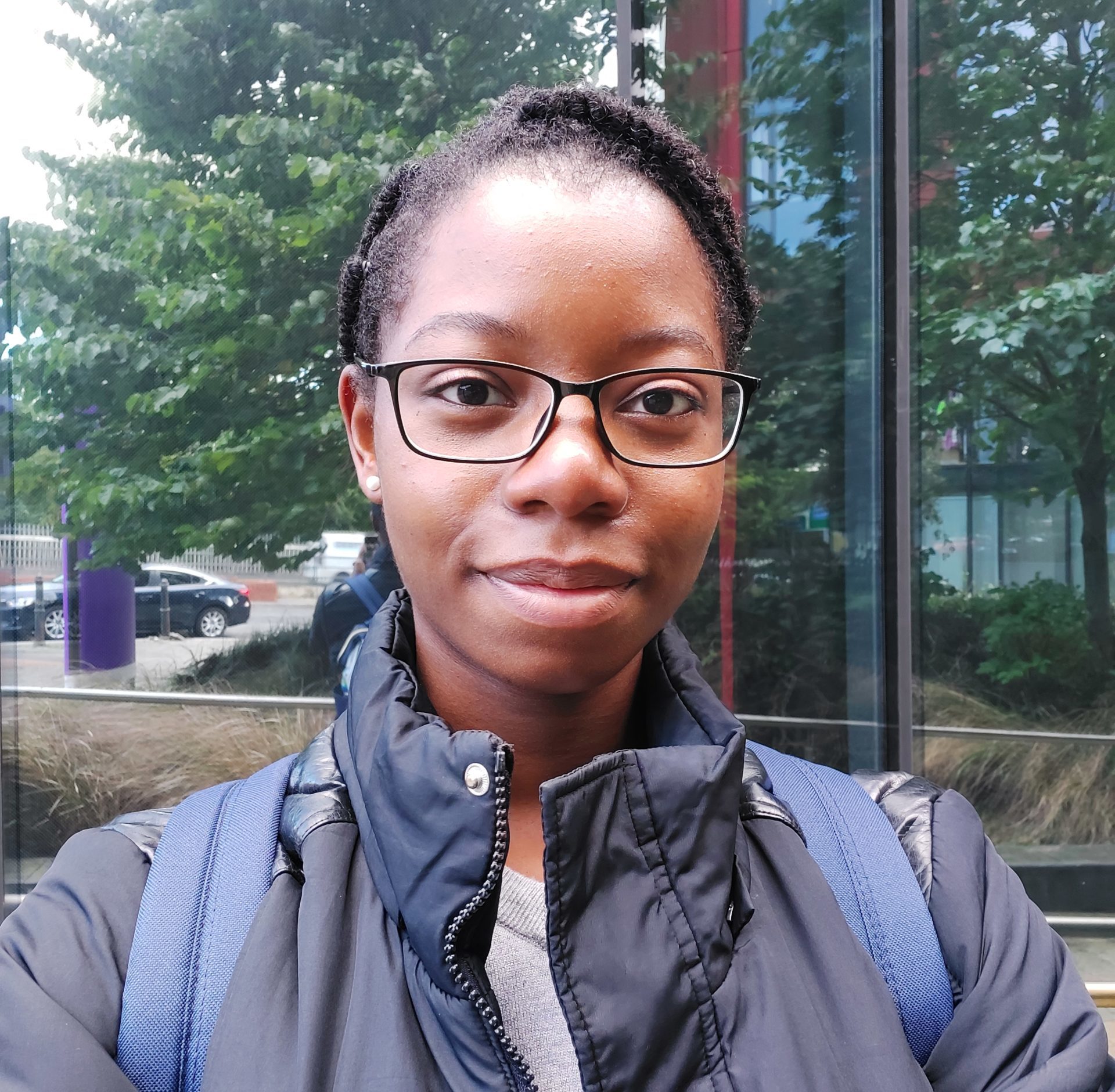My Data Scientist Experience on LIDA’s Development Programme

Last spring an email about projects for the LIDA Data Scientist Internship arrived in my student University of Leeds account. As I was thinking about what to pursue next after my MSc in Precision Medicine, the Internship jumped out as a wonderful opportunity. With an emphasis on training up data scientists by exposing them to different research fields, emphasising science communication, and working with various partners, I could tell the programme would push me out of my comfort zone in a very good way.
In my view, that has been the best thing about the now-renamed Data Scientist Development Programme. It set high expectations for me and the other data scientists in my cohort all while providing the support to help us achieve our goals and share our work with the public. It has been amazing watching all of us grow our skillsets and take ownership of our first projects. When published, please do read our Project Case Studies to see what we’ve been up to!
For my project, I am particularly proud of how much I learnt regarding partnerships and secure research methods. The Institute of Grocery Distribution (IGD) funded my project “Evaluating strategies to promote healthier and more sustainable dietary choices”. Thus, we had regular research update meetings in addition to meetings with my University of Leeds supervisors and the partner retailer. With different audiences at these internal and external meetings, my skills of audience-tailored science communication have greatly improved.
Also, in order to conduct my analysis securely, I spent a significant amount of time in the Virtual Research Environment hosted by LIDA’s Leeds Analytic Secure Environment for Research (LASER). As security measures disabled internet access and copy/pasting, I became particularly good at finding workarounds, collaborating with others, and systematically troubleshooting my code in ways that respected the sensitivity of the data in my care. I was able to do this by working closely with my three interdisciplinary supervisors, other IGD-LIDA team members, and the LIDA Data Analytics Team. It’s been wonderful having all their advice and help.
Though I have not been a data scientist long, I appreciate how much more accessible the pandemic has made data science. From Leeds, I have attended and sometimes presented at online events like The Alan Turing Institute’s AI UK, the CDRC 2022 Conference, CDRC Workshops, LIDA Seminar Series, and the Festival for Genomics & Biodata. Also, online events can easily attract audiences who would not have been able to attend otherwise due to distance, caring responsibilities, or health concerns. That said, hybrid in-person/online meetings and events may be a good way forward as people settle into new ways of working on this side of the pandemic.
Soon, I’ll be taking the skills and the ways of working I’ve learnt here in LIDA with me to Australia for a PhD investigating the use of liquid biopsies in monitoring residual skin cancer. Though my next project is under precision medicine, it will still require robust computational analysis. As I hope to continue answering health-related questions using big data, I am glad that LIDA’s Development Programme has set me up so well for the future.
